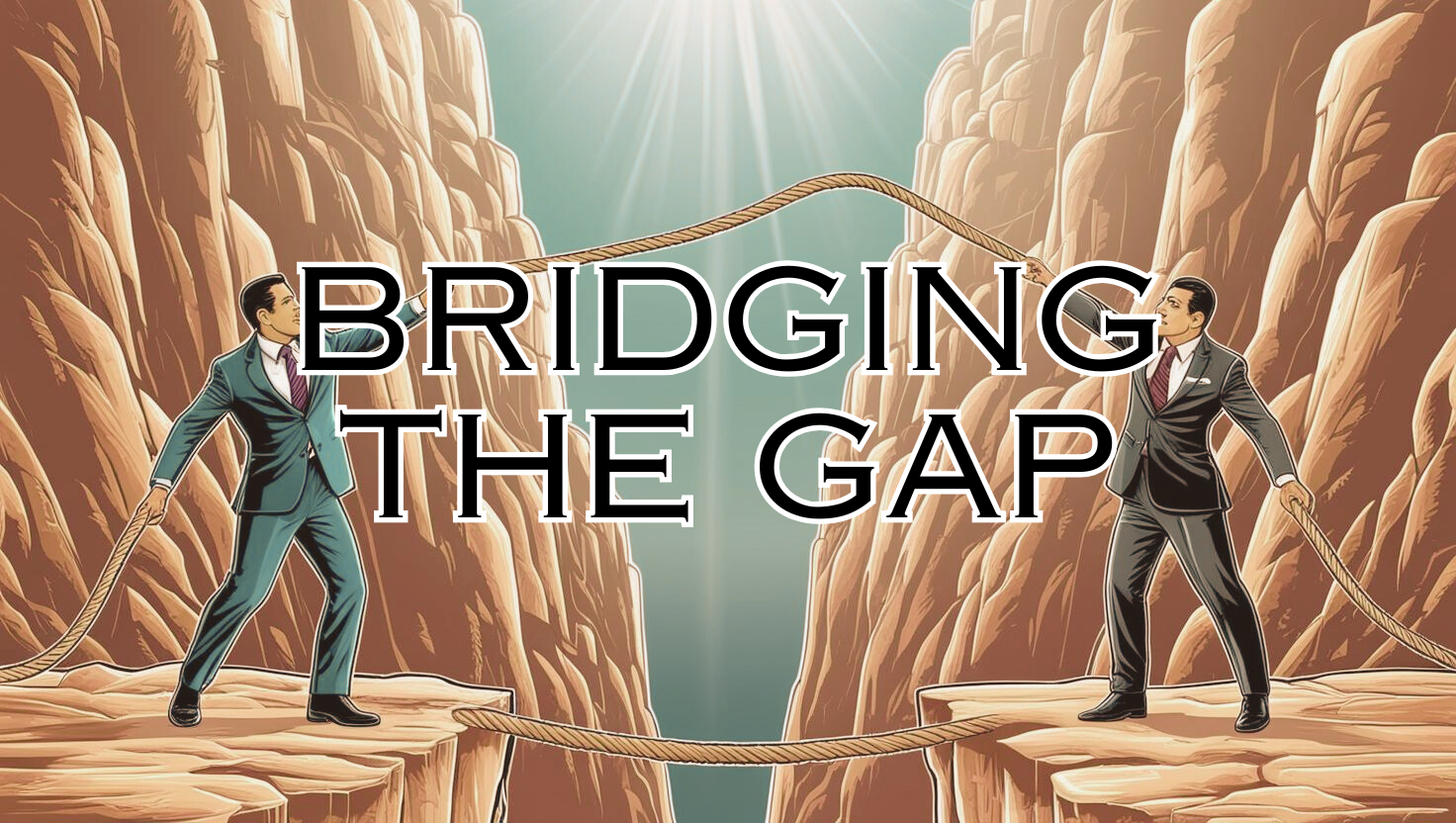Anecdotal stories on what the business up the road sold for should be taken with a grain of salt, a salt-lick size grain! Vendors tend to exaggerate what they received and anecdotes, while interesting, tend to fail to accurately define the unique characteristics of each business.
So, with that in mind, let’s look at the 5 basic principles of professional business valuation.
1. Future Profitability
Future profitability is the only thing that determines the current value. The price should be based on what a buyer can expect in future earnings, not how the business performed in the past. Past revenue tells us about business momentum but we are more focused on what’s left over after all the expenses of running the business have been paid.
2. Cash Flow
Insurance or financial service businesses don’t have many tangible assets, so the real value is in the cash flow generated through clients (specifically the cash flow over and above the cost of running the business).
3. Potential Risk
Simply put, less risk is rewarded with a higher price. The more risk a buyer must assume, the less they’re willing to pay. The greater the certainty that a percentage of cash flow comes from recurring cash flow and the sustainability of recurring cash flow will decrease the risk and increase the valuation price.
4. Objectivity vs Subjectivity
There is a mix of art and science that goes into valuing a book of business. There’s an objective review of revenue, expenses but then there’s the subjective view on understanding what might make one book more valuable than another (even if they generate the same revenue). The subjective side might include looking at the deal itself; terms of payment, guarantees, claw-back clauses and the seller’s involvement in the transition.
5. Motivation and Determination
At the end of the day, it doesn’t matter how accurate or realistic the valuation put on a business. The final price will be determined by the two parties involved and how motivated and determined they are to complete the deal. The best outcome is when both the seller and buyer feel that they’ve met a fair price.
To learn more about the objective calculations that go into a valuation, check out our 7 Steps to Determine Your Price.




